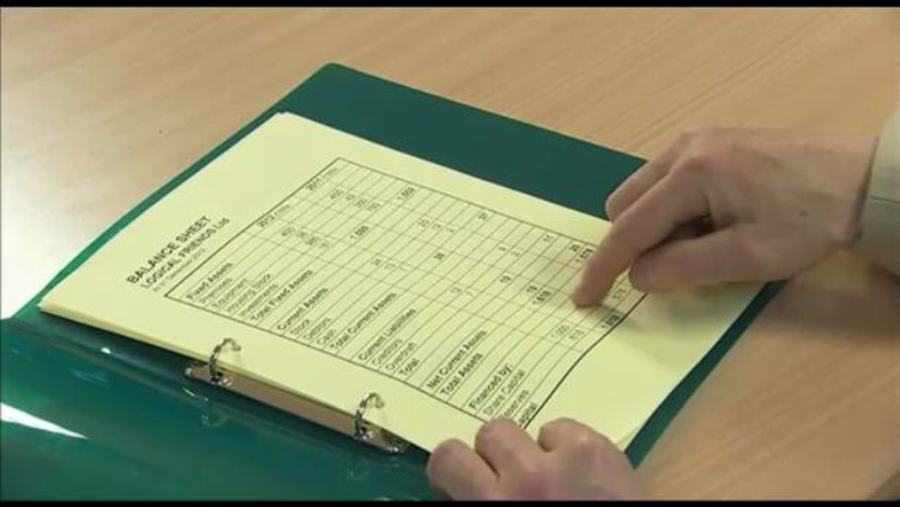 Try these videos to get started. Must be on campus or login with your COM account for off campus access.
Try these videos to get started. Must be on campus or login with your COM account for off campus access.
Want more on finding media? Try Articles & Media.
-
[Series] Accounting Fundamentals
Accounting is the backbone of business and how a company’s financial success or failure is measured. This four-part series—a blend of essential facts, real-world examples, and insightful commentary by accountancy professionals and business owners and managers—provides an indispensable overview of the fundamentals of accounting. Ideal for business students and budding entrepreneurs alike. A Films for the Humanities & Sciences/MotionMasters Coproduction. 4-part series, 30 minutes each.
-
[Series] On the Money: The ABCs of Accounting
Based on one of the most popular accounting textbooks, this four-part series provides a thorough overview of accountancy. Company case studies and interviews with finance professionals provide a real-world context for the wide range of concepts covered. In addition, important industry terms such as GAAP, AICPA and FASB, CPAs and CMAs, debits and credits, journalizing and posting, assets and liabilities, depreciation and amortization, LIFO and FIFO, gross and net pay, and taxes are defined. Used in the classroom as an introduction to accounting or as a pre-exam review, this series is an excellent tool for helping finance and business students understand how all of accounting’s many details come together. A Cambridge Educational Production. 4-part series, 13-15 minutes each.
-
[Series] Accounting & Finance Clips
This series uses case studies to illustrate key concepts in accounting and finance.
-
The Matching Concept and the Accounting Cycle (14:38)
This program divides its time between the matching concept and the accounting cycle. First, the cash basis of accounting is compared to the accrual basis of accounting. Next, the five main types of entry adjustments are defined and illustrated. And then, with suitable fanfare, the accounting cycle is described in detail. Its eight steps include analyzing and journalizing transactions, posting transactions to the ledger, preparing the unadjusted trial balance, assembling and recording adjustments, preparing the financial statements, journalizing and posting adjusted entries, journalizing and posting closing entries, and preparing the post-closing trial balance. Taking care of business means handling finances both consistently and systematically, and this video shows students exactly how to do it.
![]() Try these videos to get started. Must be on campus or login with your COM account for off campus access.
Try these videos to get started. Must be on campus or login with your COM account for off campus access.


